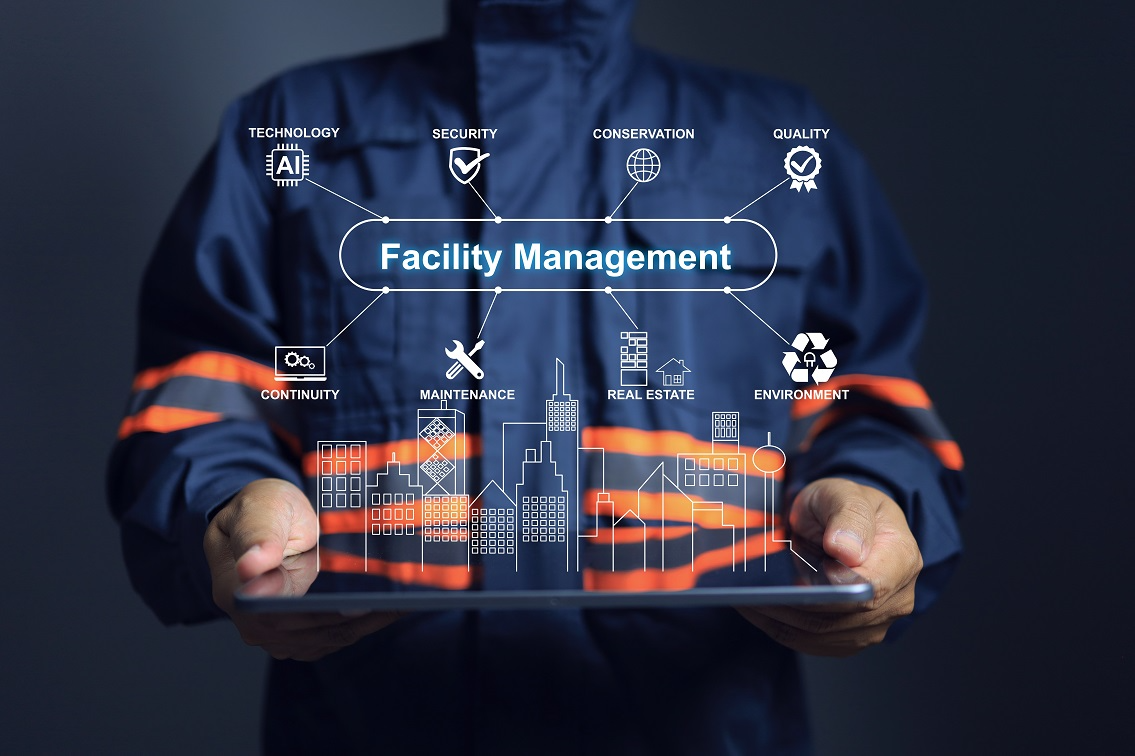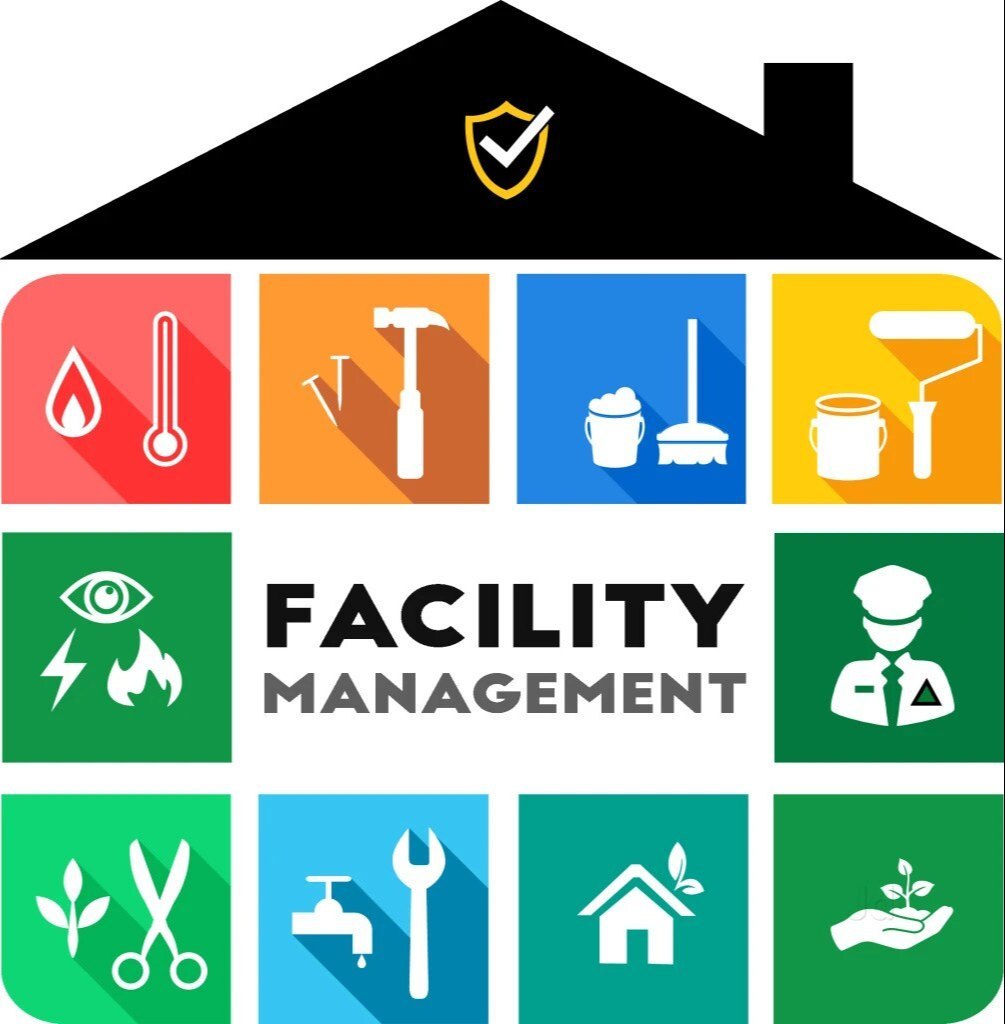Why Total Facility Management Is Crucial for Contemporary Enterprises
Why Total Facility Management Is Crucial for Contemporary Enterprises
Blog Article
How Total Facility Management Boosts Upkeep and Procedures
Total Facility Management (TFM) represents a transformative shift in how organizations approach maintenance and operations. By leveraging data-driven techniques and integrated modern technology, TFM not only expects and minimizes possible concerns yet likewise maximizes source allotment and enhances performance. The ramifications of embracing such an extensive framework prolong beyond mere efficiency; they touch on sustainability and long-term possession conservation. As we explore the complex benefits of TFM, one might ask yourself how these techniques can be customized to deal with unique operational challenges.
Improved Maintenance Techniques
Enhanced Maintenance Methods are necessary for maximizing the performance and durability of facilitiess. These methods encompass a methodical method to upkeep that stresses proactive actions, anticipating analytics, and condition-based surveillance. By implementing such techniques, organizations can properly reduce unplanned downtimes and minimize operational interruptions.
One important component of improved maintenance is using data-driven decision-making tools. These devices enable facility managers to evaluate historic efficiency information, determine patterns, and forecast prospective failings prior to they take place. This anticipating upkeep strategy not just expands the life cycle of tools however additionally enhances safety and compliance criteria.
Empowering and training maintenance employees are just as essential in executing boosted strategies (Total Facility Management). Well-trained staff can execute routine inspections and address minor problems before they rise. In addition, adopting a detailed possession management system facilitates tracking of equipment standing, upkeep background, and organizing of safety nets
Streamlined Operational Workflows
Maximizing functional process is important for the general effectiveness of facility management. By carrying out structured procedures, organizations can minimize redundancies, decrease hold-ups, and improve performance. A well-structured functional workflow allows facility managers to allot sources effectively, ensuring that tasks are finished in a prompt manner.
Using facilitiess management software program can automate routine tasks such as job order management, supply monitoring, and organizing. Clear communication channels among group participants foster collaboration and liability, further enhancing functional performance.
Systematizing procedures is one more critical element. Developing finest practices aids make certain that all team member are straightened in their strategy, lowering the likelihood of mistakes and boosting solution distribution. Routine training and updates on process procedures likewise play a crucial duty in maintaining uniformity and performance.
Ultimately, structured operational process contribute to an extra responsive facility management system, enabling organizations to focus on tactical efforts as opposed to being bogged down by administrative concerns. By focusing on efficiency, facility supervisors can considerably improve the general performance of their operations.
Proactive Concern Resolution

Routine examinations and keeping an eye on systems play an essential duty in this process, enabling facility supervisors to collect information and anticipate potential failings. Additionally, fostering open interaction channels among employee motivates the early reporting of concerns, additionally assisting in punctual resolutions.
Carrying out a thorough facility management software application can streamline the monitoring of upkeep tasks and issue reporting, providing beneficial insights into reoccuring troubles and their origin triggers. This data-driven technique enables informed decision-making and prioritization of sources.
Inevitably, positive concern resolution not only maintains the integrity of facility operations however also improves worker complete satisfaction and security. By buying approaches that focus on prevention, companies can produce a more resistant and efficient functional environment, establishing a strong foundation for future development and success.
Cost Performance and Resource Management
Exactly how can organizations accomplish an equilibrium in between cost efficiency and efficient source management in advice facility operations? The integration of total facility management (TFM) offers a strategic framework that improves financial efficiency while enhancing resource allotment. By consolidating services, companies can simplify procedures, minimize redundancies, and take advantage of economies of visit site range.
Efficient source management starts with a complete analysis of existing possessions and operational processes. Using information analytics, companies can recognize underutilized resources and address ineffectiveness. This informed technique makes it possible for the execution of targeted maintenance timetables, thus prolonging asset life and lessening unexpected downtime.

Training and growth of facility management personnel additionally improve cost efficiency by furnishing them with the abilities required to take care of resources deliberately. Inevitably, by adopting an alternative method to facility management, organizations can accomplish considerable price financial savings while ensuring that operational performance remains a leading priority.
Sustainability and Ecological Impact
The combination of total facility management (TFM) not just improves cost performance however also plays an essential role in promoting sustainability and reducing environmental impact. By taking on an alternative approach to facility operations, TFM facilitates the application of sustainable methods that decrease source intake and waste generation.
One of the crucial components of TFM is the optimization of power use. This includes the adoption of energy-efficient innovations, regular upkeep of heating and cooling systems, and the application of wise building management systems. These steps not only lower utility prices however likewise dramatically decrease greenhouse gas discharges.
Furthermore, TFM promotes using lasting products in facility maintenance and improvement tasks. By focusing on eco-friendly products and practices, facilitiess can reduce their total ecological impact while promoting healthier interior settings.

Final Thought
In conclusion, Total Facility Management dramatically enhances maintenance and procedures with organized strategies that highlight anticipating analytics and condition-based tracking. TFM advertises sustainable practices, inevitably leading to enhanced facility management end results and a society of continual improvement within organizations.
Total Facility Management (TFM) represents a transformative change in just how organizations come close to upkeep and operations. Utilizing facilitiess management software program can automate routine jobs such as work order management, supply monitoring, and scheduling.How can companies achieve a balance in between expense effectiveness and reliable source management in facility operations? The combination of total facility management (TFM) supplies a calculated framework that improves economic efficiency while optimizing resource allocation.In conclusion, Total Facility Management dramatically boosts upkeep and operations through organized approaches that emphasize address predictive analytics and condition-based tracking.
Report this page